We connect with others through sharing our personal narratives. Poor verbal storytelling skills in people with Asperger Syndrome often go undiagnosed and prevent them from participating effectively in social, academic, and work environments. Structured speech and language assessments don’t pick up on subtle problems that children with AS demonstrate. Traditional Speech language testing uses structured language tasks which many people with AS do well. An additional language sample added to the test battery can often pick up on more subtle problems, but they are time consuming. Limited understanding of the relationship between language and executive function skills also prevents the accurate diagnosis of language weaknesses. There are many reasons why people with AS are not diagnosed with narrative deficits.
People with AS are often challenged when creating and comprehending personal narratives. They have difficulty identifying the main idea, organizing the story, interpreting motivation, and understanding social language presented in narratives. It also appears hard for them to connect their memories to words.
Narrative weaknesses often appear when a young adults transition to college or their first work experience. At this time they are challenged by tasks that require them to recount events such as why an assignment wasn’t completed or explaining incident to an authority figure. Their deficits then become a liability. Although these young people have proven in school that they can write narratives when it comes to conveying their stories in real life they are unsuccessful.
If interested in more information on this topic please go to AANE on demand catalog and view the webinar “Unstory: Asperger Syndrome and the Development of Narrative Competence”

